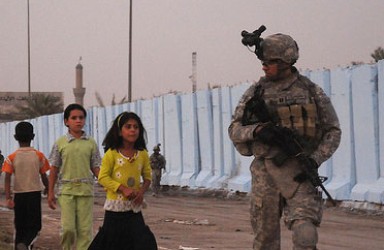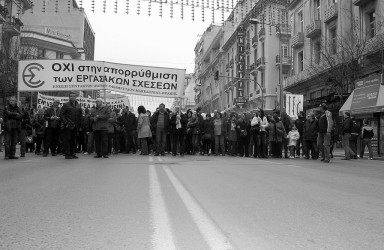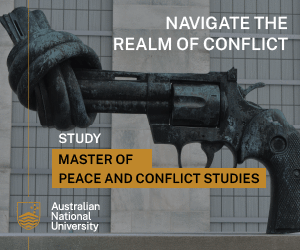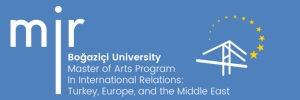EU-US intelligence sharing post 9/11: predictions for the future
This research seeks to explore whether, and to what extent the intelligence sharing has increased between the US and the EU member states post 9/11, and to offer predictions on future trends. Different potential scenarios in future intelligence cooperation are presented, based on the threat of Islamic terrorism to the US and EU.
EU-Russia Energy Relations: Lack of Unity in the Union
Since the 1990s, the European Union has achieved various successes. A key example is the enlargement to include a large number of Central and Eastern European countries. During this time, the EU has also experienced some failures, such as in the case of energy relations with Russia.
Should Martin Wight be so pessimistic about IR?
The aim of this essay is to analyse the reasoning behind Martin Wight’s fears that International Relations, as an academic subject, does not contain a sufficiently large enough philosophical background, which he may have feared prevented the study of the subject from being taken seriously, and also, prevented IR as a discipline from sufficiently framing the philosophical nature of interactions that nation-states undertake on the international arena.
Postmodernism and security challenges in the developing world
Postmodernism is “seeking out and challenging the endlessly unfolding relationship between knowledge and power, rejecting metanarratives and the Enlightenment project, and seeing ‘truth’ as a temporary social construction limited in time and space”. But do postmodernists have anything meaningful to say about the security challenges facing societies in the developing world?
Islamic Fundamentalism in Central Asia: Evaluating Uzbekistan’s Response
Ever since the dissolution of the Soviet Union, Islam has undergone a revival among Central Asian societies. The hitherto communist and atheist states with arbitrarily imposed constraints on the freedom of worship, started referring to their religious roots as a step in national identity formation.
To what extent is the ‘battle of Sadr City’ a case of Urbicide?
Viewed within the conceptual framework of Urbicide, which posits that cities have become the expressed target of military operations, the battle of Sadr City reveals the inherent objectives of counter-insurgency (COIN) theory — the annihilation of place.
What are the consquences of the notion of “Islamist terrorism”?
The use of othering discourse and increasing threat levels encourages fear and mass hysteria in Western countries. Preconditioned as we are by Religiophobia, ethnophobia and Islamophobia, the exaggerated threat of Islamic terrorism specifically and religious terrorism generally cannot be negated until dominant stereotypes and representations are subjected to change.
To what extent is the Panopticon a suitable analogy for power?
Power is pervasive; it belongs to no-one. Its main medium of control is surveillance. Bentham’s Panopticon is, on the whole, a suitable analogy for Michel Foucault’s conception of power. It encompasses the essence of Foucault’s work on power, though it does not represent it in its entirety.
Rousseau and the social contract tradition
A social contract implies an agreement by the people on the rules and laws by which they are governed. The state of nature is the starting point for most social contract theories, an abstract idea considering what human life would look like without a government or a form of organized society. The system Rousseau sees as the solution to overcome society, which has corrupted mankind, is both vague and unalterable.
Does the Greek debt crisis mark the beginning of the end for the Euro?
IN 1992, Milton Friedman asked: “how many more fiascos will it take before responsible people are finally convinced that a system of pegged exchange rates is not a satisfactory financial arrangement for a group of large countries with independent political systems and independent national policies?” Maybe the Greek debt crisis is the fiasco.














